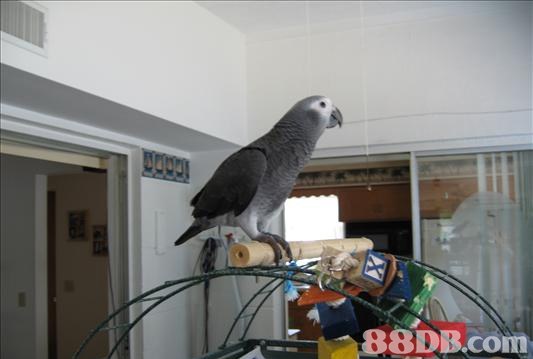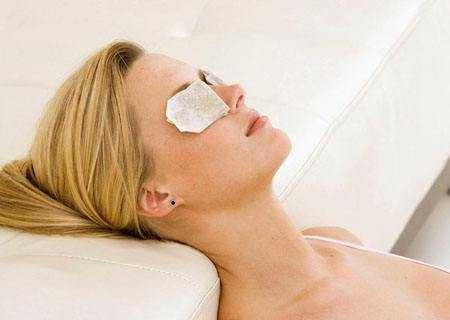Pet Bird 3:19 Parrot Care Tips and Tricks
Guide or Summary:IntroductionUnderstanding the 3:19 ParrotHousingNutritionExercise and EnrichmentGroomingHealth and SafetyIntroductionPet birds, especially……
Guide or Summary:
- Introduction
- Understanding the 3:19 Parrot
- Housing
- Nutrition
- Exercise and Enrichment
- Grooming
- Health and Safety
Introduction
Pet birds, especially parrots, have been a popular choice for companionship and entertainment for many years. With their vibrant colors, playful nature, and remarkable mimicry abilities, parrots truly make fantastic pets. However, owning a pet bird requires careful attention and proper care to ensure their well-being and longevity. In this article, we will delve into the essential care tips and tricks for your pet bird, especially focusing on the 3:19 species.
Understanding the 3:19 Parrot
Before we dive into the care tips, it's crucial to understand the unique characteristics of the 3:19 parrot. This species, also known as the Lilac-crowned Parrot (Neopsittacus coronatus), is native to Central and South America. They are known for their striking blue plumage, a distinctive yellow breast, and the striking lilac crown that gives them their name. These parrots are highly intelligent, social, and require a stimulating environment to thrive.
Housing
Providing a suitable habitat is the foundation of good parrot care. The cage should be spacious, with enough room for your bird to spread its wings and move around comfortably. The cage should be at least 3 feet wide, 2 feet deep, and 4 feet tall. It's essential to choose a cage made of durable materials that are safe for your pet.

In addition to the cage, providing a variety of perches of different sizes and textures is crucial. This helps prevent foot problems and encourages natural behaviors like climbing and jumping.
Nutrition
A balanced diet is essential for the health and well-being of your pet bird. The 3:19 parrot requires a diet rich in fruits, vegetables, seeds, and nuts. Fresh fruits and vegetables should be offered daily, while seeds and nuts should be provided in moderation. It's important to avoid feeding your bird foods that are toxic to birds, such as avocados, onions, and chocolate.
Exercise and Enrichment
Parrots are active birds that require plenty of exercise and mental stimulation to stay healthy and happy. Providing a variety of toys and puzzles can help keep your bird entertained and engaged. Rotate the toys regularly to keep things interesting and encourage natural behaviors like foraging and problem-solving.

Regular playtime outside of the cage is also essential. Supervised playtime allows your bird to burn off excess energy and interact with you in a positive way.
Grooming
Regular grooming is crucial for maintaining your pet bird's health and hygiene. Brushing your bird's feathers regularly helps remove dust and debris, promoting a healthy and shiny plumage. Additionally, trimming your bird's nails and beak, as well as cleaning their cage regularly, are essential grooming tasks.
Health and Safety
Regular veterinary check-ups are crucial for maintaining your pet bird's health. Parrots are susceptible to various health issues, including respiratory infections, metabolic bone disease, and psittacosis. Early detection and treatment of health problems are essential for a long and healthy life.

Safety is also a crucial aspect of parrot care. Ensure that your bird's cage is placed in a safe location, away from drafts, direct sunlight, and pets. Additionally, always supervise your bird, especially when they are out of their cage, to prevent accidents and injuries.
Caring for a pet bird, especially a 3:19 parrot, requires dedication and attention to detail. By providing a suitable habitat, a balanced diet, regular exercise, and proper grooming, you can ensure that your pet bird thrives and enjoys a long and healthy life. Remember, a happy and healthy bird makes a wonderful companion and brings joy to your life. With these care tips and tricks, you'll be well on your way to becoming a responsible and loving parrot owner.